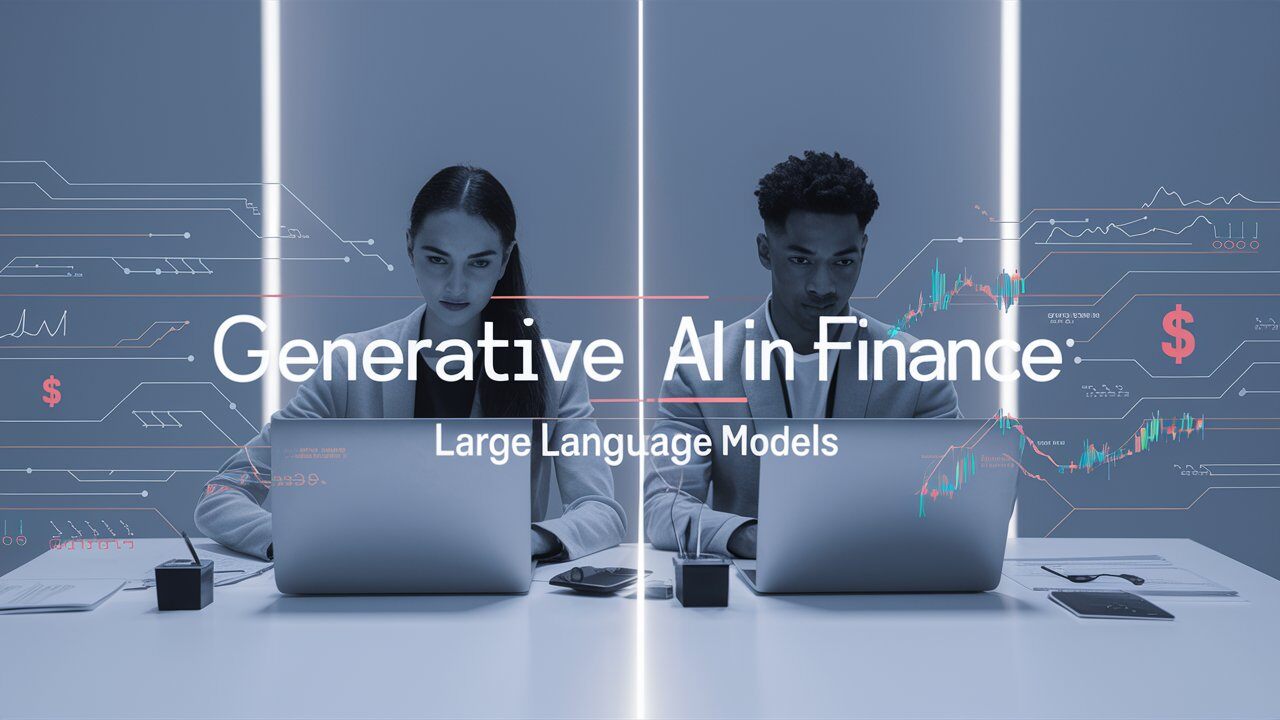
The financial services sector is undergoing a radical transformation, driven by the rapid advancement of artificial intelligence (AI) technologies. Large Language Models (LLMs) have emerged as a game-changing innovation, offering unprecedented capabilities in natural language processing and data analysis. This article explores the diverse LLM use cases in finance, highlighting how these powerful AI tools are reshaping the industry landscape.
Understanding LLMs in Financial Services
Key LLM Use Cases in Finance
-
Enhanced Customer Support
-
Provide round-the-clock support through intelligent chatbots that can handle a wide range of customer inquiries.
-
Answer complex financial queries in multiple languages, improving accessibility for diverse customer bases.
-
Assist customers with account management and basic troubleshooting, reducing the workload on human staff.
-
Analyze customer interactions to improve service quality and identify areas for enhancement.
-
Advanced Fraud Detection
-
Analyze transaction patterns and detect anomalies in real-time, flagging potential fraudulent activities before they cause significant damage.
-
Interpret unstructured data like transaction descriptions for suspicious activity, uncovering hidden patterns that traditional systems might miss.
-
Adapt to evolving fraud tactics through continuous learning, staying ahead of sophisticated cybercriminals.
-
Comprehensive Risk Assessment
-
Evaluate creditworthiness by analyzing diverse data sources, including non-traditional indicators that might be overlooked by conventional methods.
-
Assess market risks by processing vast amounts of financial news and reports, providing a more holistic view of potential threats and opportunities.
-
Generate detailed risk profiles for potential borrowers or investment opportunities, enabling more informed decision-making.
-
Personalized Financial Advice
-
Analyze individual financial goals, risk tolerance, and market conditions to create truly tailored financial strategies.
-
Generate customized investment strategies and portfolio recommendations based on a comprehensive understanding of each client's unique situation.
-
Provide ongoing financial planning advice based on changing circumstances, ensuring that recommendations remain relevant over time.
-
Investment Research and Analysis
-
Summarize and analyze financial reports, earnings calls, and market data at a speed and scale impossible for human analysts.
-
Generate comprehensive investment research reports that synthesize information from multiple sources, providing deeper insights.
-
Perform sentiment analysis on news and social media to gauge market trends and predict potential market movements.
-
Regulatory Compliance and Reporting
-
Interpret and summarize new regulations and compliance requirements, helping institutions stay up-to-date with evolving legal landscapes.
-
Automate the generation of regulatory reports, ensuring accuracy and consistency while reducing the burden on compliance teams.
-
Monitor transactions for potential compliance violations in real-time, minimizing regulatory risks.
-
Process Automation and Efficiency
-
Automate document processing and data extraction, significantly reducing manual data entry and associated errors.
-
Enhance workflow management in complex financial operations, optimizing resource allocation and improving overall efficiency.
-
Improve accuracy and speed in financial documentation and contracts, ensuring precision in critical financial agreements.
|
Download Whitepaper: Leveraging AI Algorithms for Enhanced Finance Operations |
 |
Challenges and Considerations
-
Data privacy and security concerns must be carefully addressed to protect sensitive financial information.
-
Ethical implications of AI-driven decision-making need to be thoroughly examined to ensure fairness and transparency.
-
Regulatory compliance and model transparency are crucial to maintain trust and legal standing in the financial sector.
-
Integration with existing financial systems and processes requires careful planning and execution to maximize benefits.
The Future of LLMs in Finance
Conclusion
Facilitating AI Integration with Pacific Data Integrators (PDI)

Posted by PDI Marketing Team
Pacific Data Integrators Offers Unique Data Solutions Leveraging AI/ML, Large Language Models (Open AI: GPT-4, Meta: Llama2, Databricks: Dolly), Cloud, Data Management and Analytics Technologies, Helping Leading Organizations Solve Their Critical Business Challenges, Drive Data Driven Insights, Improve Decision-Making, and Achieve Business Objectives.




